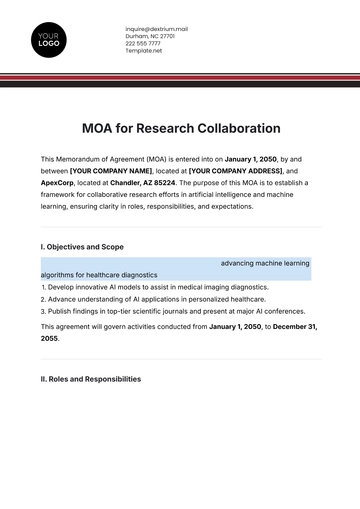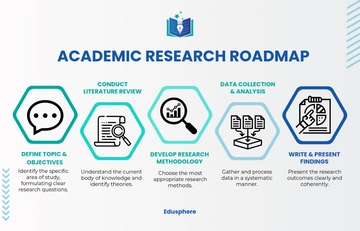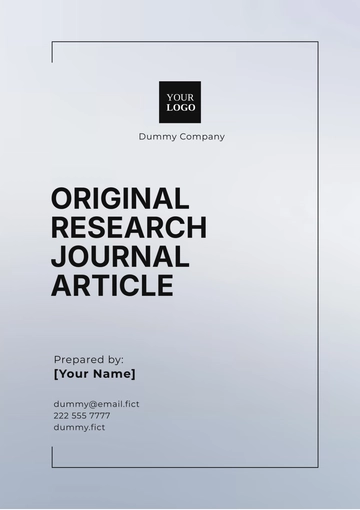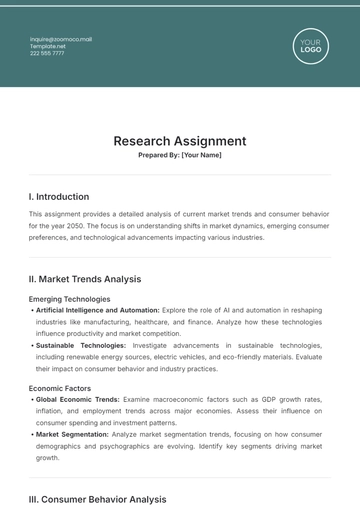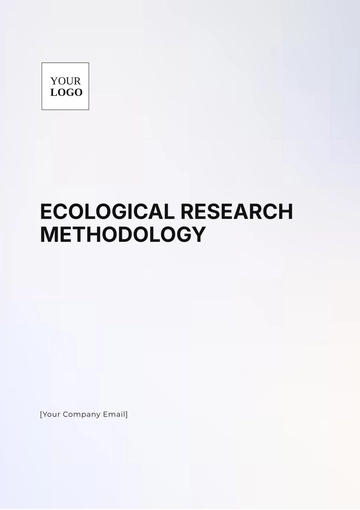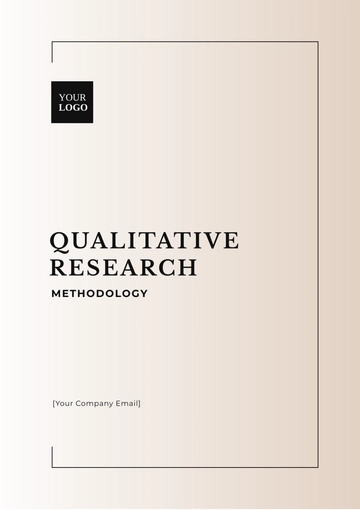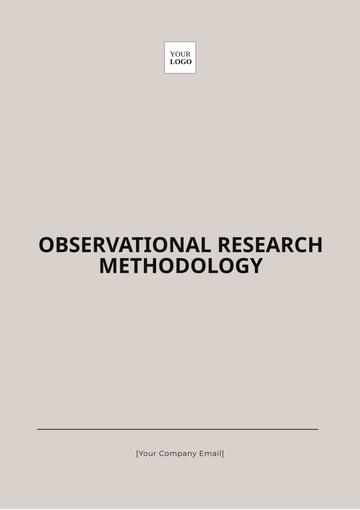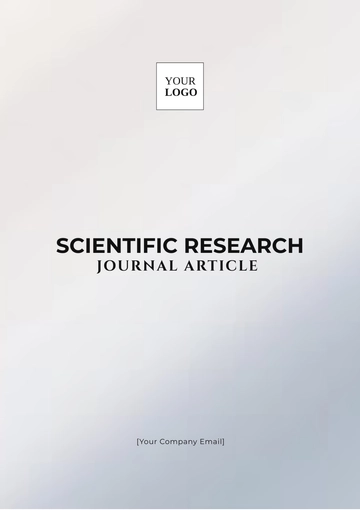Free Research Article Review
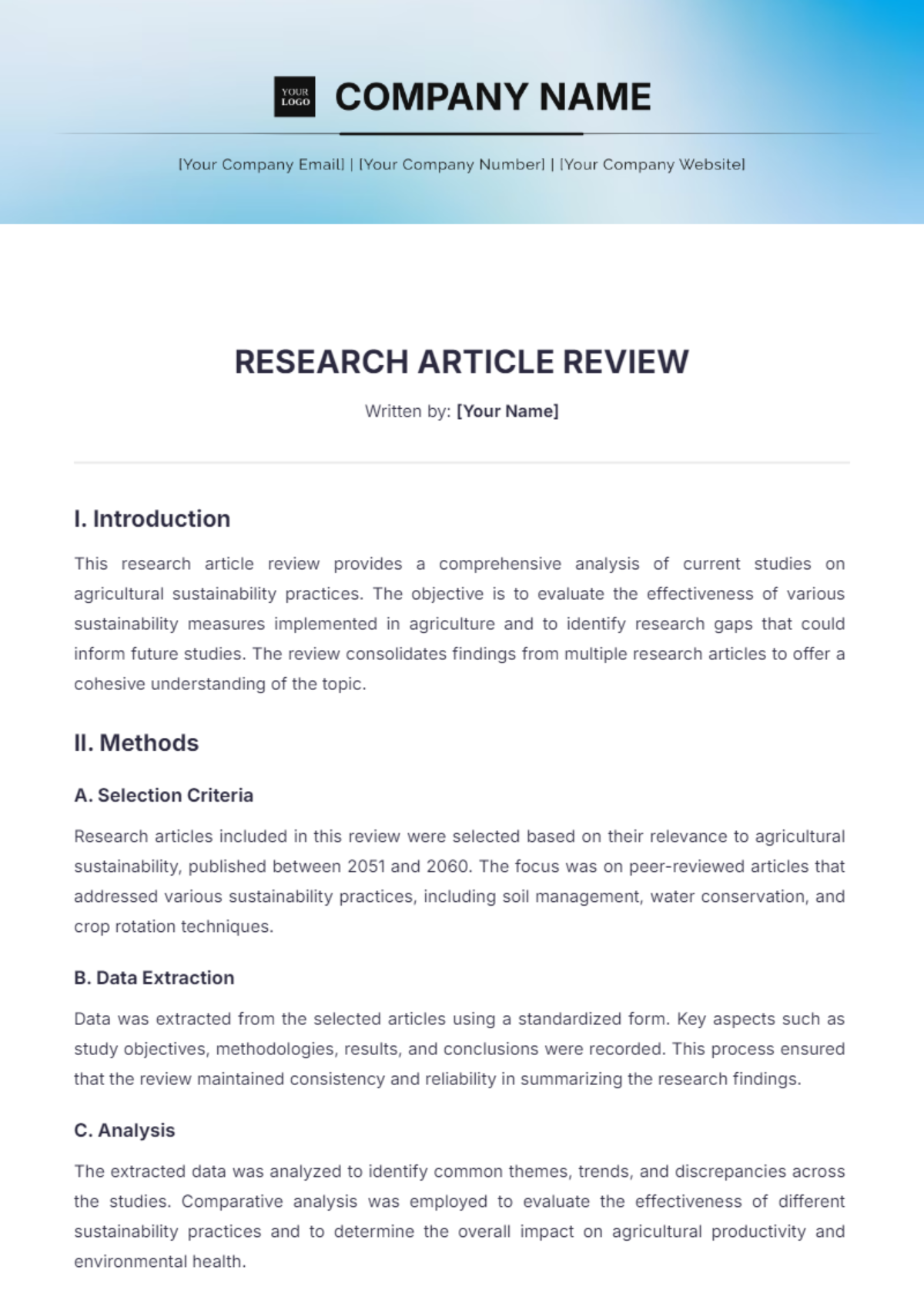
Written by: [Your Name]
I. Introduction
This research article review provides a comprehensive analysis of current studies on agricultural sustainability practices. The objective is to evaluate the effectiveness of various sustainability measures implemented in agriculture and to identify research gaps that could inform future studies. The review consolidates findings from multiple research articles to offer a cohesive understanding of the topic.
II. Methods
A. Selection Criteria
Research articles included in this review were selected based on their relevance to agricultural sustainability, published between 2051 and 2060. The focus was on peer-reviewed articles that addressed various sustainability practices, including soil management, water conservation, and crop rotation techniques.
B. Data Extraction
Data was extracted from the selected articles using a standardized form. Key aspects such as study objectives, methodologies, results, and conclusions were recorded. This process ensured that the review maintained consistency and reliability in summarizing the research findings.
C. Analysis
The extracted data was analyzed to identify common themes, trends, and discrepancies across the studies. Comparative analysis was employed to evaluate the effectiveness of different sustainability practices and to determine the overall impact on agricultural productivity and environmental health.
III. Summary of Findings
A. Soil Management
Most studies emphasized the importance of soil management in enhancing crop yields and maintaining soil health. Practices such as cover cropping and reduced tillage were commonly cited as effective methods for improving soil fertility and reducing erosion.
B. Water Conservation
Water conservation practices, including drip irrigation and rainwater harvesting, were found to significantly reduce water usage and increase efficiency. The studies highlighted the positive impact of these practices on water resources and crop performance.
C. Crop Rotation
Crop rotation was frequently identified as a beneficial practice for preventing soil depletion and pest infestations. Various rotation strategies were discussed, with evidence suggesting that diversified crop rotations contribute to sustainable agricultural systems.
IV. Discussion
A. Effectiveness of Sustainability Practices
The review demonstrates that while many sustainability practices are effective, their success varies depending on the specific context and implementation. The evidence supports the notion that integrated approaches, combining multiple practices, often yield the best results.
B. Research Gaps
Several gaps in the literature were identified, including the need for more studies on the long-term impacts of sustainability practices and their economic feasibility. Additionally, there is a call for research on region-specific adaptations of sustainability measures.
C. Implications for Future Research
Future research should focus on longitudinal studies to assess the enduring impacts of sustainability practices. There is also a need for research on innovative techniques and technologies that could enhance the effectiveness of existing practices.
V. Conclusion
This review provides valuable insights into agricultural sustainability practices, highlighting both effective strategies and areas requiring further investigation. By addressing identified research gaps, future studies can contribute to more sustainable and productive agricultural systems.
VI. References
Smith, J. A. (2053). Innovations in Soil Management for Sustainable Agriculture. Journal of Agricultural Practices.
Brown, L. R., & Green, M. (2056). Water Conservation Techniques and Their Impact on Crop Yields. Environmental Science Review.
Johnson, P. K. (2058). The Benefits of Crop Rotation: A Comprehensive Analysis. Agricultural Research Journal.
Williams, T. R. (2060). Long-Term Effects of Sustainability Practices in Agriculture. Sustainability Studies Quarterly.
- 100% Customizable, free editor
- Access 1 Million+ Templates, photo’s & graphics
- Download or share as a template
- Click and replace photos, graphics, text, backgrounds
- Resize, crop, AI write & more
- Access advanced editor
Introducing the Research Article Review Template from Template.net—your ultimate tool for academic excellence. This editable and customizable template is designed for streamlined review processes. Easily tailor it to fit your needs using our Ai Editor Tool, ensuring a personalized and efficient review experience. Elevate your research with precision and flexibility today!











